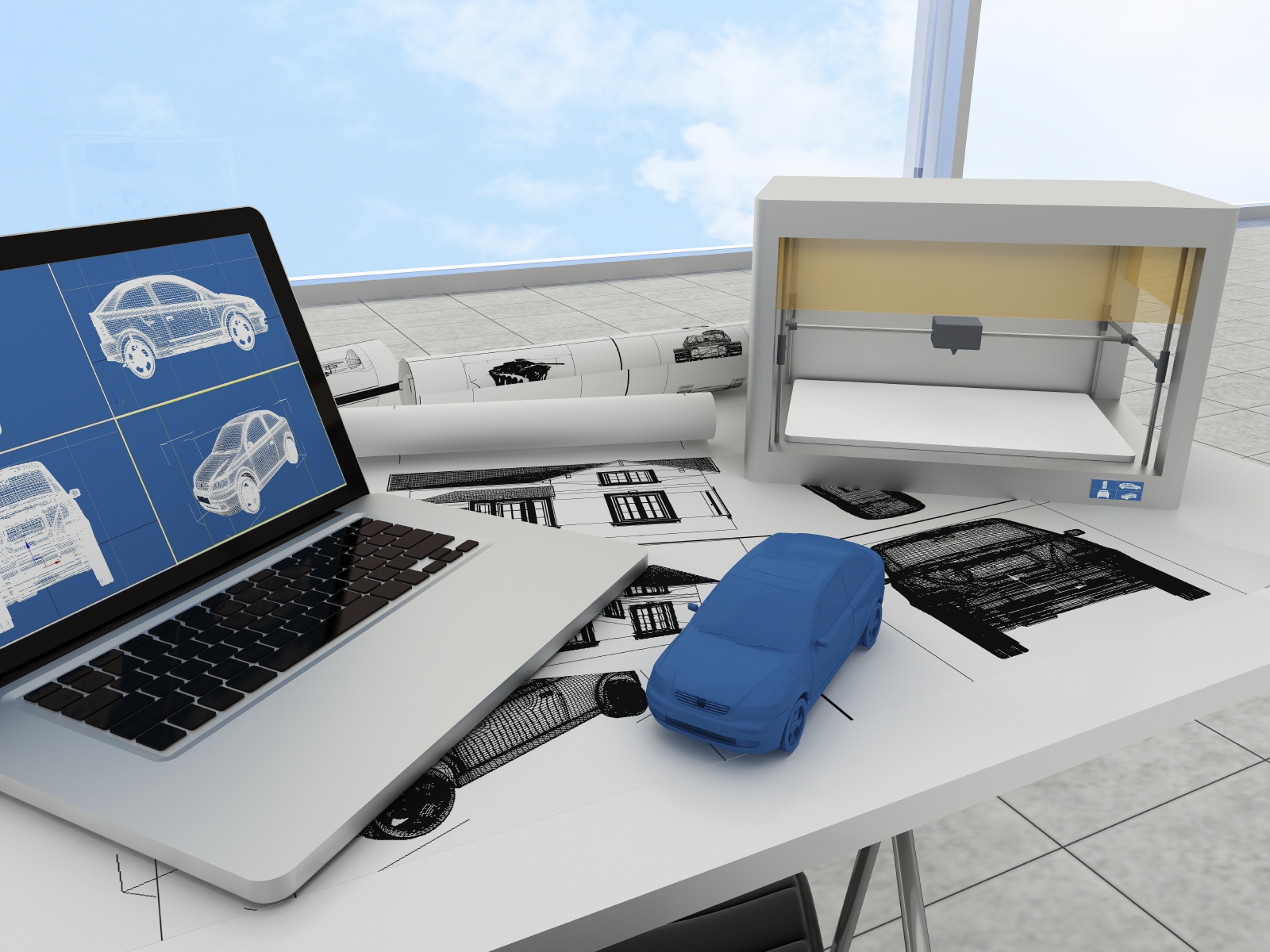Three Top 2018 Trends in the Manufacturing Industry
The manufacturing industry is constantly evolving. In the UK, manufacturing output is on the rise, with many opportunities and challenges awaiting it in the future. At Dean Group, we believe it’s important to be aware of what is happening at the moment in the industry so that we can plan for the future. So, which trends will have an impact on the manufacturing industry in 2018?
Brexit
It’s impossible not to mention Brexit, as this is considered one of the main threats to manufacturing, with the UK car industry even believing it is the biggest threat to a generation. One of the trends that appear to be emerging from Brexit is a shortage of skilled workers – which is also limiting investment because of uncertainty over what will happen with the UK’s exit from the EU. Manufacturing businesses also say that growth in factory orders have slowed down in October of 2017 to its lowest level in nearly a year.
According to manufacturers in the EEF Executive Summary, managing costs will also be a challenge for manufacturing during 2018, which appears to be a consequence of the volatility of the pound sterling and of the rising commodity prices.
However, despite these concerns, many factories in the UK are optimistic for 2018. Businesses appear to be confident of what the new year will bring, including sales to UK and exports, jobs and profit margins.
In the words of Stephen Phipson, EEF’s chief executive, “manufacturers left 2017 in an upbeat mood and are set to outpace the rest of the economy again this year as the growth in global trade continues to gain momentum. That is not to say that everything in the 2018 garden is rosy, however, as there are plenty of factors that could puncture this positive picture.”
Robots
Despite fears that artificial intelligence will take workers’ jobs, robotics will likely be used in 2018 for repetitive tasks that don’t intend to replace employees but to help them. If repetitive, manual tasks are done by robots, workers are free to focus on aspects of the job that are more valuable. This will help them to make greater contributions to the business too.
By 2020, it is estimated that there will be 1.7 million robots in factories around the world, with robotics surging in Europe by 8% and in the Americas by 16%.
3D Printing
This technology will be more widespread and accepted; while this means the hype will slow down, it also signifies that 3D printing will enter a more established phase. With the number of companies that use this technology growing every year, such as Boeing, Airbus and Ford, 3D printing is likely to be accelerated and applied to many other businesses as well.
The aerospace industry is a leader in the 3D printing technology field; for example, more than a third of the GE turboprop ATP Engine was 3D-printed, meaning it is built of fewer parts than if it wasn’t created through additive manufacturing. The end result is an engine that burns 15% less fuel and delivers 10% higher cruise power compared to others.
The UK manufacturing industry employs 2.7 million people and accounts for 45% of total exports in the country, which clearly showcases just how important it is (and how much it contributes to the economy). Equally relevant is knowing what to expect and how current trends can shape the industry.
At Dean Group, we are passionate about manufacturing and believe that being on top of the latest industry news can help us become better at what we do for our customers! Contact us to learn more about our investment casting services and we will be more than happy to assist in your project.
Registered in England VAT No: 146307478 Company Registration No: 1062820






